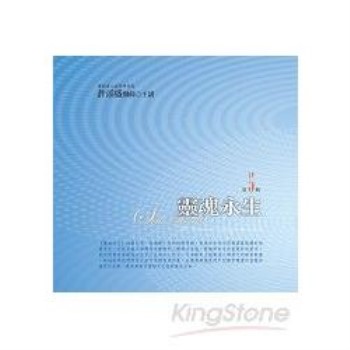An inclusive treatment of political risk assessment aimed at a readership consisting of students of international business and executives of multinational firms concerned with this issue. Ting examines the sociopolitical foundations of the issue, approaches to political risk assessment found in the literature, micro-risk assessment associated with individual projects, forms of business macro-policy and exchange rates. The author also considers host-country investments, applications of risk-rating systems, and integration of political risk assessment into a risk-return calculus. Extremely clear, the book is more usable than earlier volumes. Choice
Ting argues that a preoccupation with catastrophic and revolutionary changes, such as those that occurred in Iran and Nicaragua, has skewed models of risk analysis away from the most significant and likely forms of political risk--legal, regulatory, and technocratic changes in the host country--toward the much rarer dramatic and cataclysmic event. He proposes instead a model based on a micro or project-specific analysis and demonstrates how to integrate this analysis and the information it generates into actual international planning and operational decisions abroad.| FindBook |
有 1 項符合
Multinational Risk Assessment and Management: Strategies for Investment and Marketing Decisions的圖書 |
 |
Multinational Risk Assessment and Management: Strategies for Investment and Marketing Decisions 作者:Ting 出版社:Praeger 出版日期:1988-03-11 語言:英文 規格:精裝 / 262頁 / 23.39 x 15.6 x 1.6 cm / 普通級/ 初版 |
| 圖書館借閱 |
| 國家圖書館 | 全國圖書書目資訊網 | 國立公共資訊圖書館 | 電子書服務平台 | MetaCat 跨館整合查詢 |
| 臺北市立圖書館 | 新北市立圖書館 | 基隆市公共圖書館 | 桃園市立圖書館 | 新竹縣公共圖書館 |
| 苗栗縣立圖書館 | 臺中市立圖書館 | 彰化縣公共圖書館 | 南投縣文化局 | 雲林縣公共圖書館 |
| 嘉義縣圖書館 | 臺南市立圖書館 | 高雄市立圖書館 | 屏東縣公共圖書館 | 宜蘭縣公共圖書館 |
| 花蓮縣文化局 | 臺東縣文化處 |
|
|
圖書介紹 - 資料來源:博客來 評分:
圖書名稱:Multinational Risk Assessment and Management: Strategies for Investment and Marketing Decisions
|










